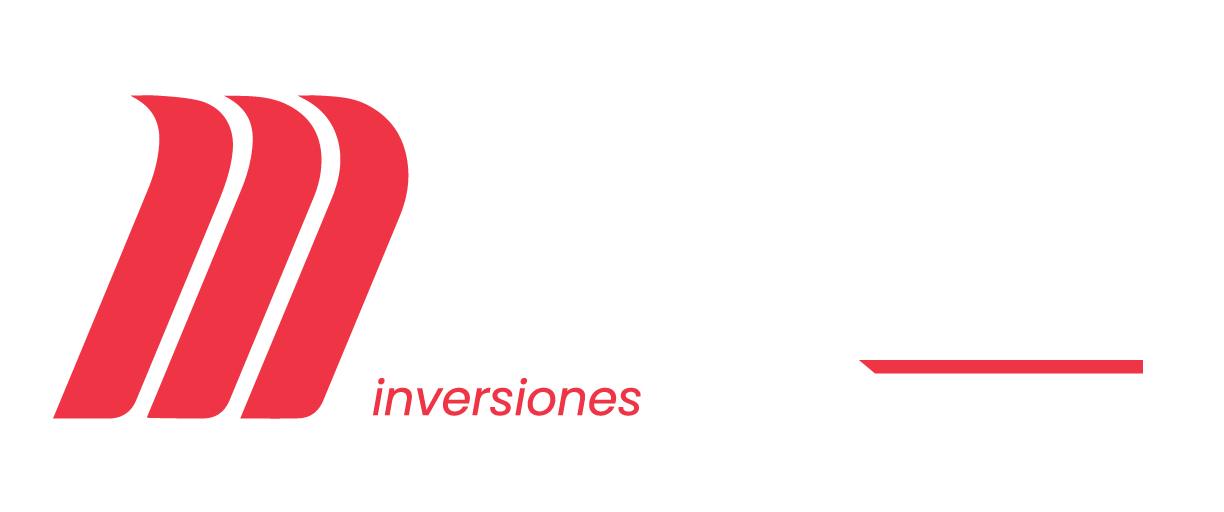The Development of Google Search: From Keywords to AI-Powered Answers
After its 1998 introduction, Google Search has converted from a modest keyword scanner into a robust, AI-driven answer platform. At first, Google’s breakthrough was PageRank, which ranked pages depending on the value and count of inbound links. This guided the web apart from keyword stuffing aiming at content that gained trust and citations.
As the internet developed and mobile devices multiplied, search activity shifted. Google released universal search to unite results (reports, images, streams) and in time underscored mobile-first indexing to depict how people actually navigate. Voice queries via Google Now and eventually Google Assistant drove the system to parse vernacular, context-rich questions instead of clipped keyword clusters.
The further progression was machine learning. With RankBrain, Google launched deciphering earlier new queries and user aim. BERT improved this by understanding the subtlety of natural language—function words, situation, and bonds between words—so results more thoroughly reflected what people meant, not just what they input. MUM broadened understanding covering languages and varieties, giving the ability to the engine to integrate connected ideas and media types in more sophisticated ways.
At present, generative AI is reimagining the results page. Projects like AI Overviews consolidate information from various sources to furnish condensed, relevant answers, ordinarily including citations and actionable suggestions. This cuts the need to select many links to synthesize an understanding, while at the same time conducting users to deeper resources when they wish to explore.
For users, this progression signifies speedier, more particular answers. For contributors and businesses, it rewards comprehensiveness, innovation, and coherence in preference to shortcuts. Into the future, forecast search to become more and more multimodal—easily synthesizing text, images, and video—and more individuated, fitting to desires and tasks. The journey from keywords to AI-powered answers is primarily about redefining search from spotting pages to accomplishing tasks.
